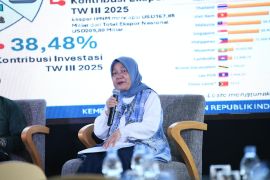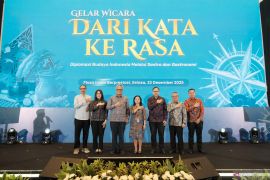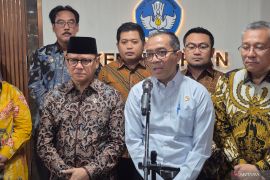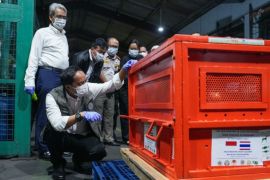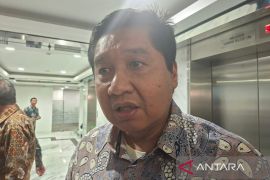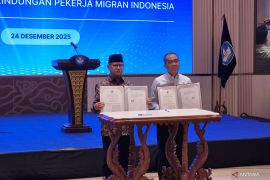"In the first to third year of investment chemical industries still suffer losses and reach a break-even point in the fourth year. Only after reaching the fifth year they will possibly make profit," Secretary General of the Federation of Indonesia Chemical Industries (FIKI), Ridwan Adipoetro, said here on Sunday.
In view of that industrialists in the chemical sector grouped in the FIKI have proposed that the government would give a tax holiday for minimally ten years.
"With ten years of tax holiday it will be enough for the chemical industries to make new investment or conduct expansion," he said.
He said chemical industrialists also hoped for a simpler procedure for applying the tax holiday facility.
"Seeing the directives for its implementation that have been announced by the government so far it seemed it would not be difficult and more quickly," he said.
Ridwan said based on past experience the process used to be very long but with the new government he hoped it would be faster and helpful for industries would make new investment or conduct expansion.
He said industries that would receive the facility would not be limited to those investing more than Rp1 trillion but also those with an investment of less than Rp500 million.
This way he hoped the policy would also be felt by medium industries to make the governments efforts to boost growth to be immediately felt.
Industry minister Saleh Husin said earlier he was optimistic the governments policy to give a tax holiday would accelerate growth of pioneer industries that would support development of other industrial sectors.
"In the context of tax holiday the pioneer industries are industries that have strategic values for national economic development and give high added value," he said.
The government has named nine industrial sectors that are eligible for the tax holiday including upstream metal industry, oil refinery industry, oil and natural gas-based basic organic chemical industry and machinery industry.
Others include processing industries that are based on agricultural products, forestry and fishery, telecommunication, information and communication, sea transportation industry, processing industries as main industries in special economic zones and economic infrastructure industries that use other than the government and business entity cooperation scheme.(*)
Editor: Heru Purwanto
Copyright © ANTARA 2015
